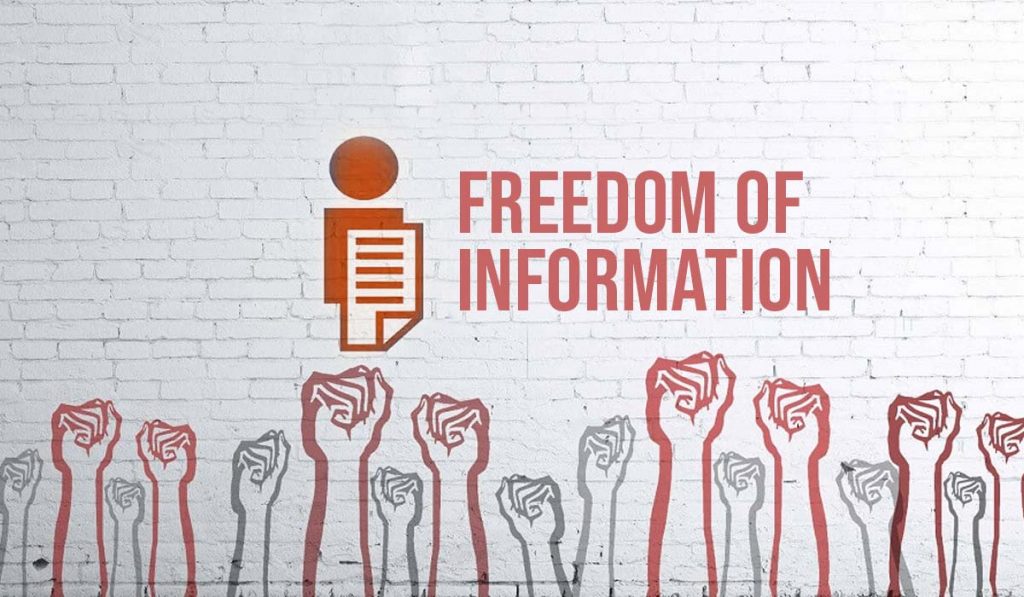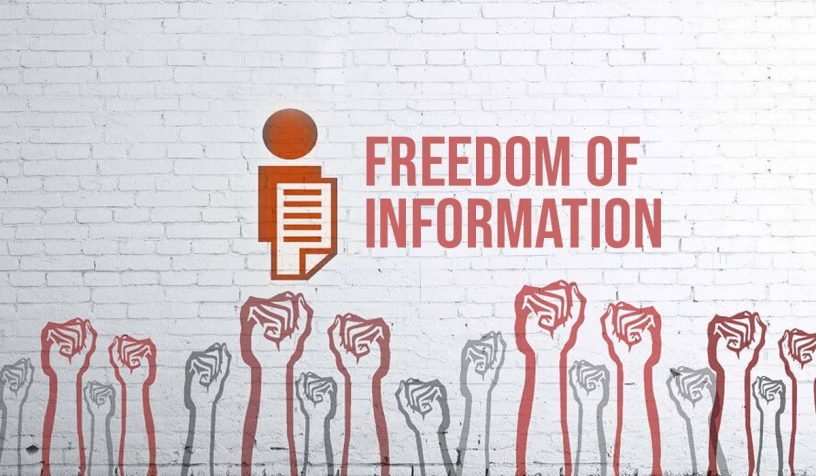
In building a media agenda around an information rights–based approach in India, collaboration and co-production among non-state actors – journalists, social activists, and civil society organizations — were the strongest factors, showed this study.
Authors
Rajdeep Pakanati, Associate Professor, Jindal School of International Affairs, O.P. Jindal Global University, Sonipat, Haryana, India.
Jeannine E Relly, The University of Arizona, USA.
Summary
This research analyzes the process and culture of right-to-information agenda building among non-state actors – journalists, social activists, and civil society organizations in India.
The research, which began at the 10-year anniversary of the Indian Right to Information Act, includes in-depth semi-structured interviews with study participants (N = 111) from across the country.
Findings indicate that collaboration and co-production among these groups were the strongest factors in media agenda building around an information rights–based approach.
Characteristics of collaborations and co-production include rights-oriented language, compelling metanarratives and symbols, information and accountability ‘politics’, large-scale events, inclusiveness, and news outlet/civil society organization branding projects.
Published in: Journalism
To read the full article, please click here.


